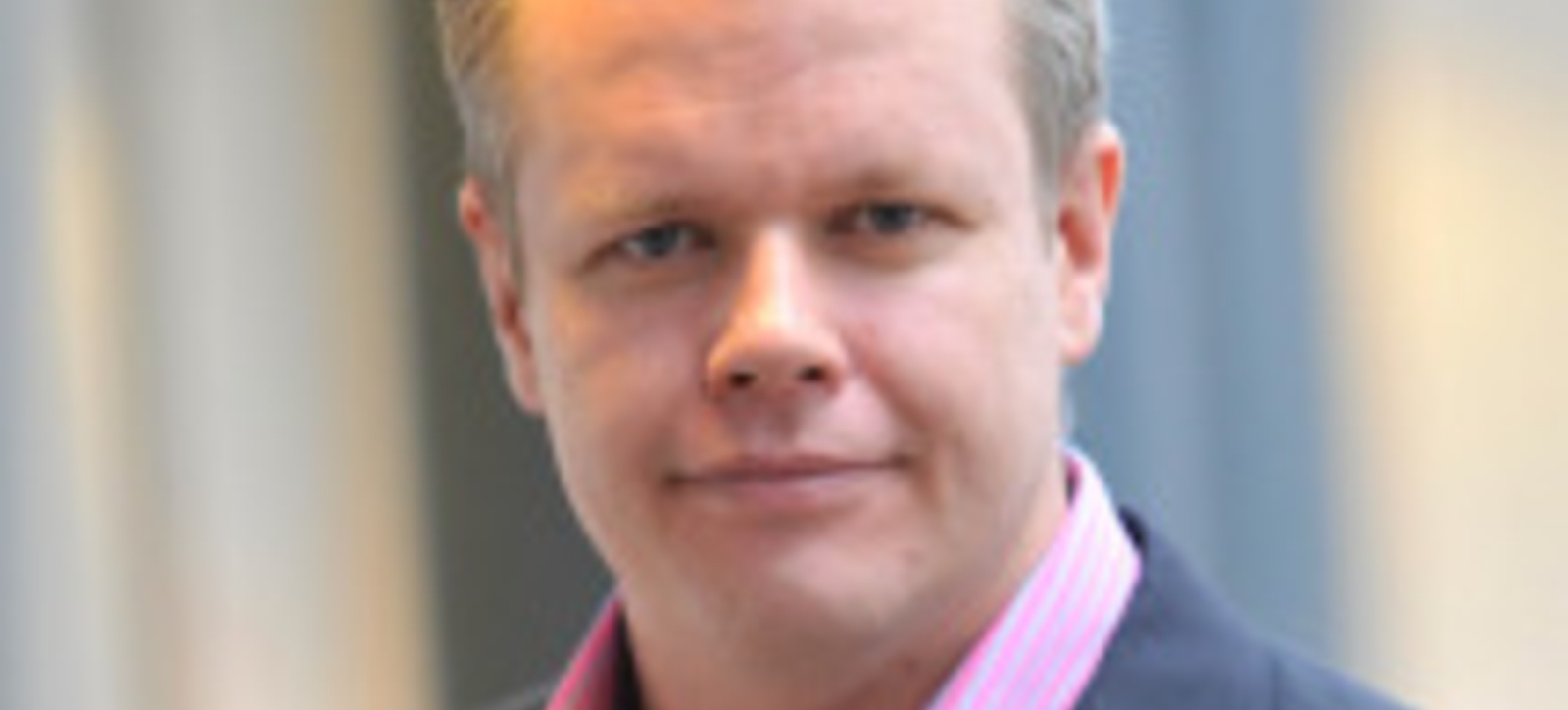
- Conference brings together police officers and latest research
- Public confidence is vital for policing to be effective in the UK
- West Midlands Police Assistant Chief Constable Marcus Beale to speak
- How will cuts and Police and Crime Commissioners affect public trust
How to improve public confidence in UK policing will be explored at a conference held by Warwick Business School.
Today's police forces are being challenged to respond to cuts, to the changing nature of crime, and to changes in police governance in England and Wales - with the introduction of directly elected Police and Crime Commissioners. For any police force to be effective in safeguarding the public, public confidence is critical.
Historically, public confidence seems particularly important in the UK, given the origins of the “British policing model” which means policing by consent.
From the media one might think public trust in the police would have been shaken by negative headlines following a number of scandals such as Hillsborough or ‘Plebgate’, the unethical actions of undercover police, or the arrests of police officers as part of the Met’s Operation Elveden investigation into alleged payments to public officials by journalists. Yet a 2015 report by the Office of National Statistics saw an increase in the proportion of adults who gave their local police a positive rating to 63 per cent.
How police can earn public trust
The Public Confidence In Policing Conference, sponsored by the British Academy, will be held on March 29 at the University of Warwick's Scarman Conference Centre and will examine how confidence can be measured effectively and how it can be earned by police.
Kevin Morrell, Professor of Strategy at Warwick Business School and conference organiser, said: “Gaining the public’s trust and confidence is absolutely vital to policing. This is because the public are a key source of information, and their trust and co-operation are often key to law enforcement.
“At the same time, it is widely acknowledged that ‘confidence’ is hard to pin down. Police forces across the world have measured public confidence in different ways but we are still asking what exactly is confidence in policing?
“We will be looking at this and related issues during the conference, bringing together research from academics and insights from frontline officers and police leaders.”
Related article: Study launched to examine public confidence in police
Research by one of the conference speakers Ben Bradford and his colleagues from the University of Oxford shows why confidence has proved hard to measure.
It can be related to trust, legitimacy, fear of crime, visibility, and feelings of fairness. It can also reflect more general beliefs about justice or institutions, or the extent to which people identify with the police. Importantly though, it is different from other measures such as satisfaction - which are based on direct experience of the police.
Morrell argues that this and other work shows confidence is multi-faceted. He said: “There may not be any one such thing as ‘the public’ instead there may be multiple publics, who are more or less confident in their police force for a variety of reasons. Our measures of confidence need to reflect that diversity.”
.jpg)
Visible presence: West Midlands Police awaiting the Queen in Birmingham
There will be two speakers from West Midlands Police; Marcus Beale, Assistant Chief Constable, whose security brief means he works closely with the West Midlands Counter Terrorism Unit, which has disrupted some of the most significant UK mainland terrorist plots in recent years, including the 'London Stock Exchange' plot in 2010; and Superindendent Bas Javid, who is the lead in Tactical Firearms Command and Public Order Command.
Another speaker, Bernard Rix, who recently gave evidence to the House of Commons’ Home Affairs Select Committee, is CEO of CoPaCC, the organisation for comparing performance of Police and Crime Commissioners. There are also invited speakers covering issues such as domestic violence, policing threats to life, the challenges of policing a transport environment, race and racism, criminal justice. Delegates include members of the University of Warwick's Centre for Operational Policing Research.
Related article: How to control rumours on social media during a disaster
Professor Morrell, who was awarded a Mid-Career Fellowship by the British Academy to research public confidence in policing, said: “This will be an exciting combination of people from policing, policy and academia. It is the kind of conversation that these awards from the British Academy are designed to support.
"Universities have a long tradition of being places where voices from different perspectives are not just tolerated, but listened to and engaged with constructively. We will aim to inform conversation on public confidence, and by doing that to contribute to the public good. To do this we will be presenting and discussing the latest research and combining that with the insights of experienced officers to inform effective policing.”
Public Confidence in Policing Conference timetable. To register to attend email Kevin.Morrell@wbs.ac.uk.
Follow our blog on the wbs website for live coverage of the conference.
More information on this project is on the Policing & Public Confidence: British Academy Fellowship Microsite. The conference will be recorded and made publicly available on this site.
Kevin Morrell is part of the Strategy and International Business Group responsible for teaching courses including MSc International Business and MSc Marketing & Strategy.




 X
X Facebook
Facebook LinkedIn
LinkedIn YouTube
YouTube Instagram
Instagram Tiktok
Tiktok